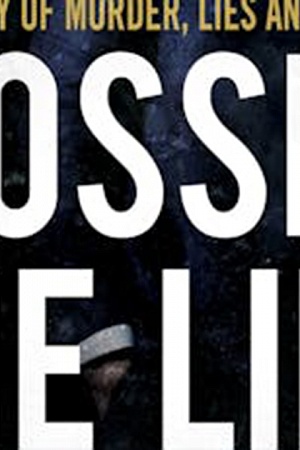Secrets of the Jury Room: Inside the black box of criminal justice In Australia
Random House, $32.95 pb, 374 pp
Means of persuasion
According to Aristotle, rhetoric is ‘the ability, in each particular case, to see the available means of persuasion’. In today’s parlance, the term is often used pejoratively, connoting an obfuscation of truth. This would come as no surprise to Aristotle, whose treatise on the topic, Rhetorica, demonstrated an acute awareness of the dangers posed by the adroit manipulation of the means of persuasion for dubious ends.
Aristotle identified three appeals essential to effective persuasion: logos, pathos and ethos. Ethos is persuasion based on the character and credentials of the communicator; logos is the appeal to reason; and pathos appeals to emotion and passion. Lesser minds than Aristotle are alive to the power of these appeals, as much a part of the salesman’s or motivational speaker’s lexicon today as they were of the classical ‘rhetor’s’. Perhaps in no profession, however, is mastery of the means of persuasion the prerequisite for success that it is for the barrister. It is a frequent criticism of our adversarial legal system that the truth will not always emerge from a contest in which, as Robert Frost lamented, the ‘jury consists of twelve persons chosen to decide who has the better lawyer’.
Continue reading for only $10 per month. Subscribe and gain full access to Australian Book Review. Already a subscriber? Sign in. If you need assistance, feel free to contact us.











Leave a comment
If you are an ABR subscriber, you will need to sign in to post a comment.
If you have forgotten your sign in details, or if you receive an error message when trying to submit your comment, please email your comment (and the name of the article to which it relates) to ABR Comments. We will review your comment and, subject to approval, we will post it under your name.
Please note that all comments must be approved by ABR and comply with our Terms & Conditions.